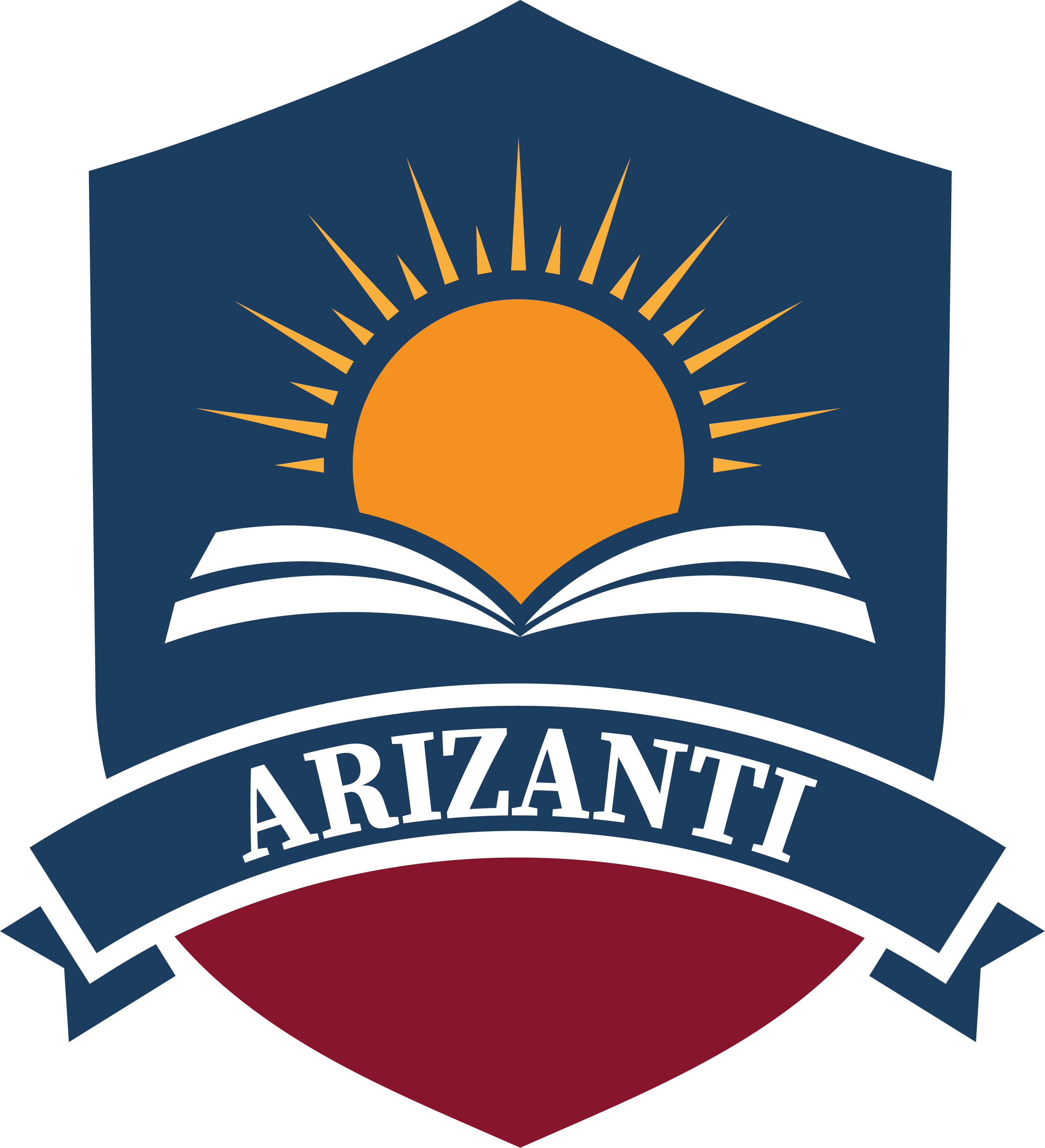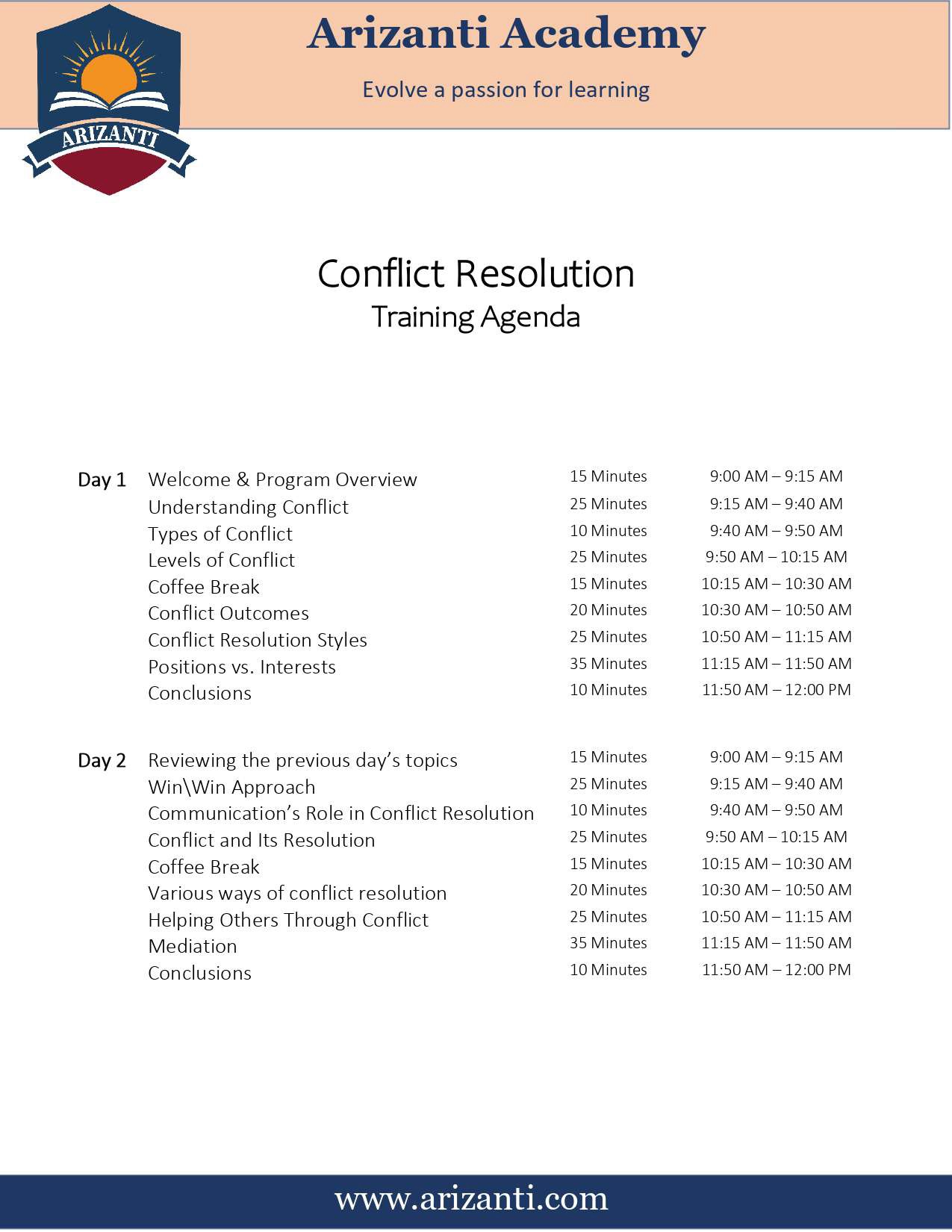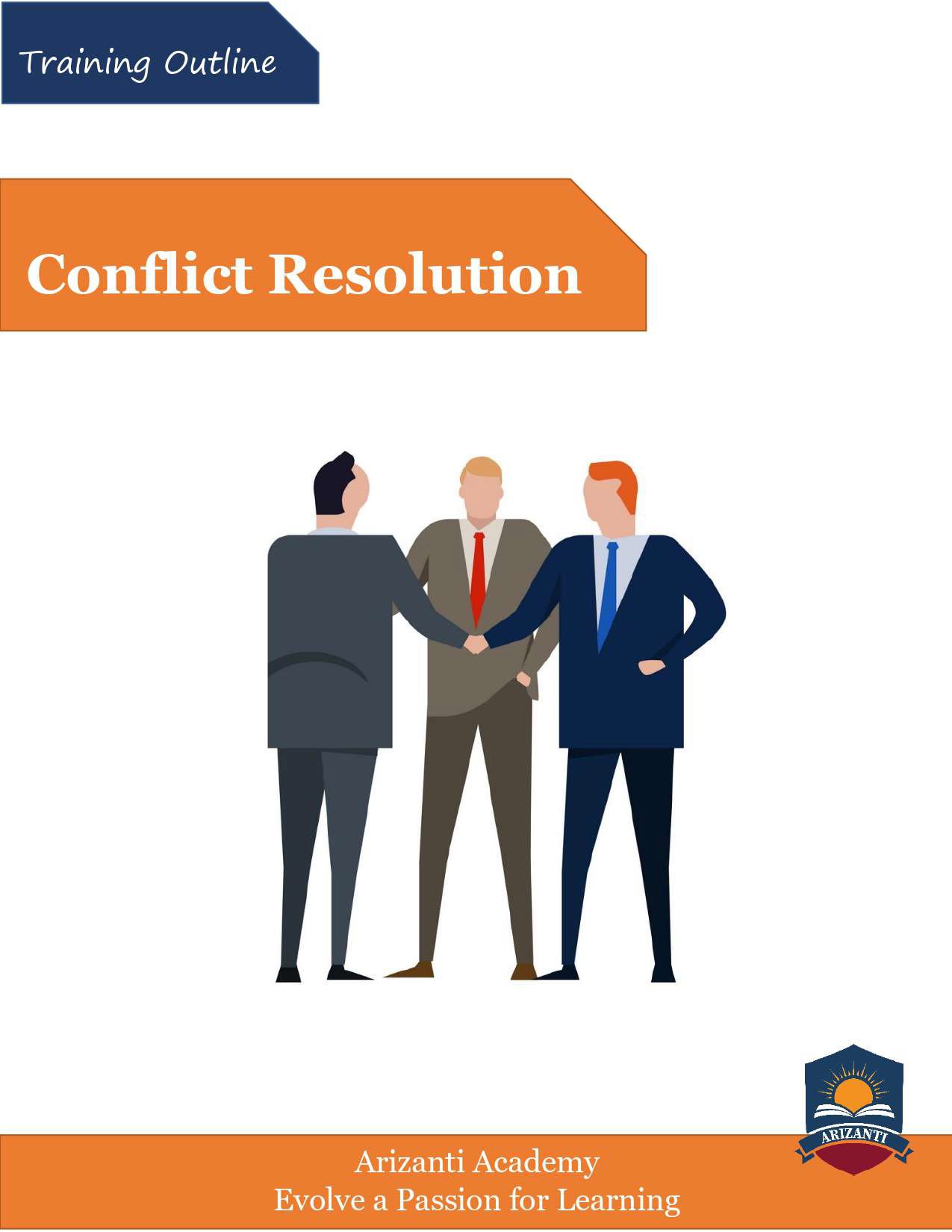By the end of this training, we expect the participants to have a deeper understanding of the importance of conflict resolution through:
- Understand the different types of conflict and their consequences.
- Learn strategies to handle conflict constructively.
- Understand how to confront serious conflict.
- Resolving conflict in a positive manner.
- Choosing appropriate communication tactics when dealing with conflict.
- Learning how to develop Win-Win mindset.
Training Curriculum:
During the first day of the training, the participants will learn the meaning and nature of conflict and what is meant by the concept of conflict resolution and conflict management. The different types of conflicts will be explained in terms involved parties and issues. The conflict process will be analyzed to reach the characteristics of the different stages of the emergence of any conflict, and then study ways to manage the conflict before reaching its advanced stages. Participants will learn about the main types of conflict approaches, the features and advantages of each one, and the implications of their use. Before the end of the day, participants will learn about the importance of analyzing conflicts and differentiating between the positions adopted by the parties to the conflict and the real needs and interests that led to the emergence of those positions, and thus targeting needs and not positions when initiating planning for a practical and long-term solution to resolve conflicts.
At the end of this day the trainees were able to have a better understanding of:- The nature and definition of the conflict.
- The difference between conflict resolution and conflict management.
- Conflict typology.
- Conflict levels.
- Conflict Resolution Styles.
- Analysis of the positions and interests of conflict parties.
During the second day of the training, participants will learn about the Win-Win approach to conflict resolution, how to reach it and the positive results achieved from it. The important role of effective communication in achieving a win-win methodology will be discussed, where the importance of active listening, body language and asking appropriate questions to enhance effective communication will be discussed. During this day we will discuss the different methods of conflict resolution, and how to develop an effective personal conflict resolution strategy, and the different ways in which anyone can help others with their conflicts in the work environment.
At the end of this day the trainees were able to have a better understanding of:- The win-win methodology in conflict resolution.
- The role of effective communication in the conflict resolution process.
- Conflict and Its Resolution.
- Conflict resolution methods.
- Helping Others Through Conflict.
- Mediation.
Who should attend?
This Training is suitable for anyone looking to learn how to respond to and resolve issues related to conflict in a constructive way within organizations, workplaces, communities and families.
A: Private training courses can be delivered in its location in (Villa No. R3/169, New Azadi-Atconz, Erbil/KRI) or outside venue booked by Arizanti Academy when there would be a need, or at your business premises.
Q: In which language the trainings are delivered?A: Our programs can be delivered in Kurdish, Arabic or English.
Q: What are your ideal training schedules?A: Half-day session: (09:00 am to 12:00 pm) or (2:00 pm to 5:00 pm) or to suit. Full-day session: (09:30 am to 15:30 pm) or to suit.
Our trainers are not only the most qualified professionally, but they are also the most capable of delivering information to the trainees. We rely on their selection, in addition to their high scientific specializations, on their experiences and personal abilities in implementing training programs of high value and positive returns, so that the training process does not become a mere waste of time and effort, but rather a real development of capabilities, skills and practical benefit acquired by our clients and their staff and practiced virtually to improve their overall performance.
In Arizanti Academy, we believe that accurate evaluation of training programs, based on scientific foundations and well-thought-out criteria, is the best way to achieve the desired goals of training, achieve maximum benefit from the program, and provide trainees with scientific knowledge, experience and practical skills. Therefore, we have built our evaluation systems based on accreditation and compatibility with a set of evaluation systems and international standards, where we rely in our work on: -
- Evaluation of the training program on the morning of the second day (if the program lasts for more than one day) to avoid any shortcomings in the program, and to achieve the objectives of the participants as groups and individuals.
- Participants' evaluation of the training material, the trainer, the place of training, training services and coordination on the last day of the program (this report is analyzed and the results are sent with the original evaluation sheets to the client with the final report).



